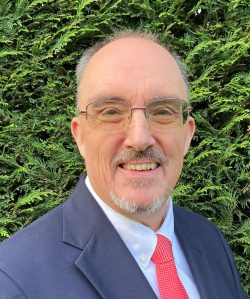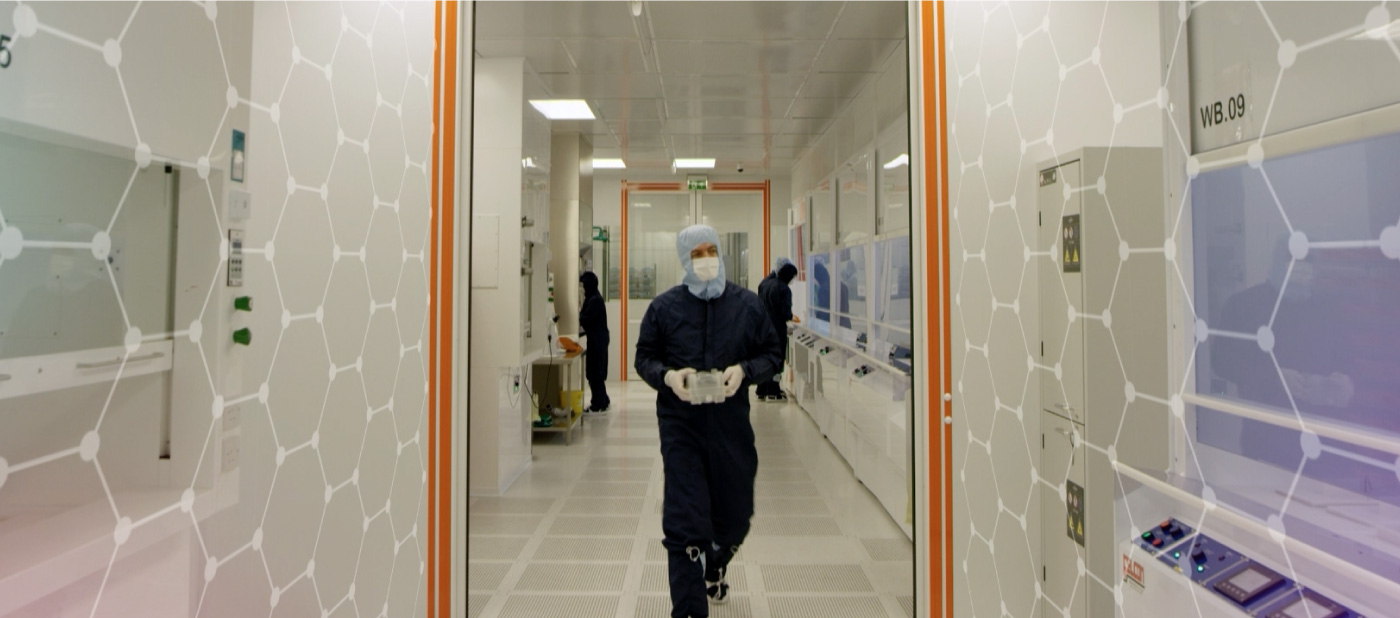“The Henry Royce Institute is uniquely placed to examine materials degradation across a swathe of industries,” says Bill Hedges.

“The oil and gas industry has served the world well, but we all concede it is now time to move on and embrace the massive change that is required. But I don’t want to sit on the outside and throw rocks, I want to be actively involved in helping shape the energy transition.”
The comment from industry veteran Bill Hedges perfectly sums up his passion for wanting to help find the answers needed. And it is also why he jumped at the chance to be project champion of a major Henry Royce Institute landscaping exercise examining materials degradation across industries that will play a pivotal role in the transition to net-zero.
Hedges spent half his career working in central engineering functions, and half in operational locations. These assignments have given him practical experience of integrity issues in onshore, offshore, deep-water, tropical, desert and arctic environments.
As he adds:
“I am really excited to be involved in this piece of work. What I am looking for above all else is clarity on what are the show-stoppers, what are the technical challenges we need to address that will get us to net zero. I want us to be putting forward a clear business case for why the UK should now be investing in specific areas, and to produce a quality piece of work that will be recognised by experts.”
Sectors
The landscaping project will examine on and offshore wind power generation, carbon capture use and storage (CCS), nuclear fission power generation, transportation technologies (air, road, rail and sea), and hydrogen production and usage (end to end including hydrogen substitutes such as ammonia).
The aim is to identify the materials-related issues affecting the lifetime of structural components, and prioritise the materials research needed to improve the lifetime of these components either through material development or enhanced processing. It will also prioritise the materials research needed to improve design through more accurate prediction methodologies for materials degradation, and identify common research topics that span the sectors.
Hedges says producing a report that gives clarity on the current status of these questions will be crucial for enabling and prioritising further research activities.
As he adds:
“The government has set ambitious net zero targets and what we can do is better inform future decisions. What we are dealing with are very technical and complex engineering problems and no one person can be an expert in everything. But what Royce can do is bring everything together holistically and in a very co-ordinated way.”
Offshore
Hedges says the challenges facing the wind power sector, especially offshore, are a case in point.
“We are putting very large structures into harsh marine environments which are inevitably going to be difficult to maintain. But are we really ensuring we are building them to last? We might be making them out of the right materials, but do we know how to maintain them in the best way? Do we know how the materials will behave in the future? It is not just about asking whether the materials degrade. It is as much about better predicting the performance of materials over many years.”
He adds that learning from the lessons of the oil and gas industry are key too, especially in industries such as CCS.
“If we are going to capture carbon it means pumping it hundreds of miles to an old oil or gas reservoir. We need to understand how CO2 will behave at high pressures and what corrosion mechanisms are happening. These questions have begun to be asked, but our study will pull everything together and tease out the key questions.”
Looking at data systems will also form an important element of the project too.
“We need to be identifying best and emerging practice, and be willing to adopt new thinking and ideas too. At the end of the day we have a world-leading ability to tackle these problems and need to work out where the UK is best placed to help. No one country is going to solve everything, we should play to our strengths.”
Meanwhile Hedges believes that the pandemic has also led to a renewed and very strong focus in terms of the drive to net zero.
“It has really crystallised the importance of net zero for all of us.”
Bill Hedges is the Project Champion for the Henry Royce Institute landscape study into materials for degradation. He is also President of the Institute of Corrosion.
Read more about the Royce degradation study here.






